The Virginia observation of
Christmas tended towards good fellowship and good eating. The Virginia Almanac
for 1772 carried these sentiments on a December page:
This Month much Meat will be roasted in rich Mens Kitchens,
the Cooks sweating in making of minced Pies and other Christmas Cheer, and
whole Rivers of Punch, Toddy, Wine, Beer, and Cider consumed with drinking.
Cards and Dice will be greatly used, to drive away the Tediousness of the long
cold Nights; and much Money will be lost at Whist Cribbage and All fours.
In England the custom was for an
apprentice to visit each of his master's clients to collect tips for his
services throughout the year, the custom apparently was followed in Virginia.
Soon after the Revolution, St.
George Tucker of Williamsburg wrote "Christmas Verses for the Printer's
Devil":
Now the season for mirth and good eating advances,
Plays, oysters and sheldrakes, balls, mince pies and dances;
Fat pullets, fat turkeys, and fat geese to feed on,
Fat mutton and beef; more by half than you've need on;
Fat pigs and fat hogs, fat cooks and fat venison,
Fat aldermen ready the haunch to lay hands on;
Fat wives and fat daughters, fat husbands and sons,
Fat doctors and parsons, fat lawyers and duns;
What a dancing and fiddling, and gobbling and grunting,
As if Nimrod himself had just come in from hunting!
These all are your comforts—while mine are so small,
I may truly be said to have nothing at all.
I'm a Devil you know, and can't live without fire,
From your doors I can see it, but I dare not come nigher;
Now if you refuse me some wood, or some coal,
I must e'en go and warm, in old Beelzebub's hole;
Next, tho' I'm a devil, I drink and I eat,
Therefore stand in need of some rum, wine and meat;
Some clothes too I want—for I'm blacker than soot,
And a hat, and some shoes, for my horns and my foot;
To supply all these wants, pray good people be civil
And give a few pence to a poor printer's devil.
Plays, oysters and sheldrakes, balls, mince pies and dances;
Fat pullets, fat turkeys, and fat geese to feed on,
Fat mutton and beef; more by half than you've need on;
Fat pigs and fat hogs, fat cooks and fat venison,
Fat aldermen ready the haunch to lay hands on;
Fat wives and fat daughters, fat husbands and sons,
Fat doctors and parsons, fat lawyers and duns;
What a dancing and fiddling, and gobbling and grunting,
As if Nimrod himself had just come in from hunting!
These all are your comforts—while mine are so small,
I may truly be said to have nothing at all.
I'm a Devil you know, and can't live without fire,
From your doors I can see it, but I dare not come nigher;
Now if you refuse me some wood, or some coal,
I must e'en go and warm, in old Beelzebub's hole;
Next, tho' I'm a devil, I drink and I eat,
Therefore stand in need of some rum, wine and meat;
Some clothes too I want—for I'm blacker than soot,
And a hat, and some shoes, for my horns and my foot;
To supply all these wants, pray good people be civil
And give a few pence to a poor printer's devil.
In 1772, the Virginia Gazette
published a letter from “An Old Fellow,” who lived in England. He complained
about the “Decay of English Customs and Manners.” After describing the old
English Christmas when the kitchen was “the Palace of Plenty, Jollity, and good
Eating,” he wrote:
Now mark the Picture of the present Time: Instead of that
firm Roast Beef, that fragrant Pudding, our Tables groan with the Luxuries of
France and India. Here a lean Fricassee rises in the Room of our majestick
Ribs, and there a Scoundrel Syllabub occupies the Place of our well-beloved
Home-brewed. The solid Meal gives Way to the slight Repast; and, forgetting
that good Eating and good Porter are two great Supporters of Magna Charta and
the British Constitution, we open our Hearts and our Mouths to new Fashions in
Cookery, which will one Day lead us to Ruin."
















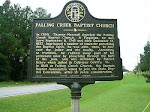
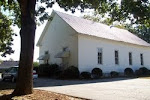



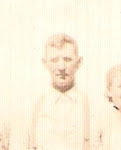
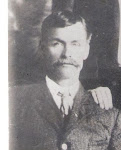


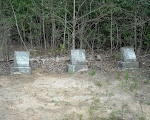





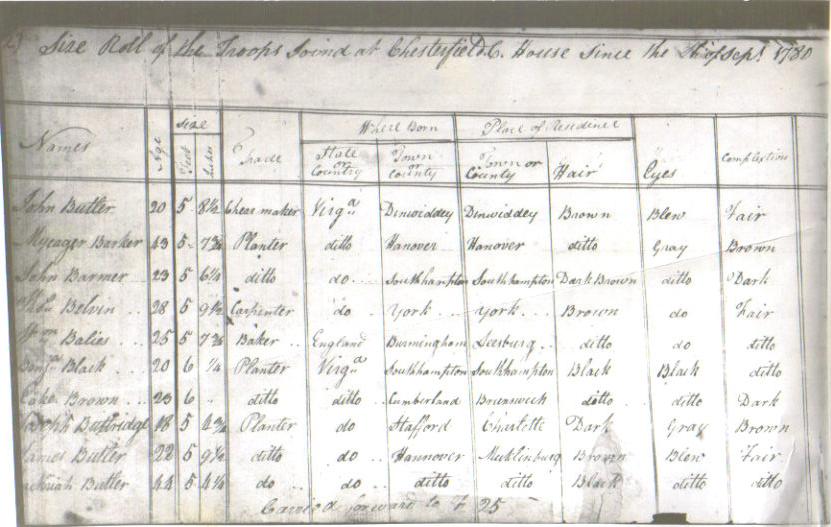
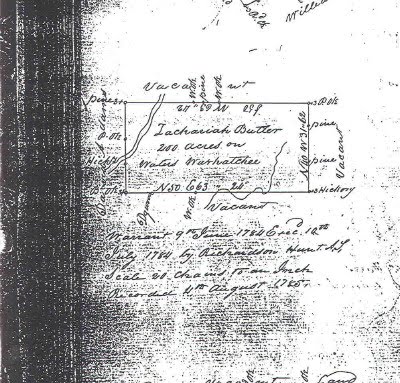

No comments:
Post a Comment